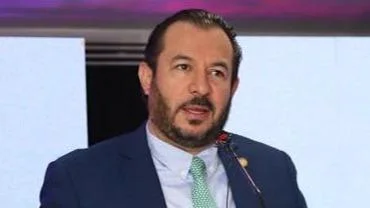The Guatemalan Social Security Institute (IGSS) has introduced a new approach to healthcare delivery with the implementation of Family and Community Medicine. This model is built on three main components: curative care, prevention, and health promotion.
Dr. Julio Valdés, president of the IGSS Technical Council, explained the advantages of this system. “The great advantage is bringing services closer to the community, reducing lines and offering much more humane treatment,” said Dr. Valdés.
With this strategy, medical consultations are expected to become faster and more accessible for local communities. The institute estimates that up to 80% of medical consultations could be resolved at an outpatient level under this new model. This would reduce the need for patients to travel to specialized hospitals and allow them to receive care closer to home.
A key feature of the initiative is the use of multidisciplinary teams made up of family doctors, nurses, nutritionists, psychologists, and social workers. These teams will work together to address both social and environmental factors affecting health.
The pilot program will start in Escuintla, a region chosen due to its large number of affiliated residents as well as specific challenges such as migrant populations and high mobility rates. According to IGSS officials, starting in Escuintla will help adapt the model before expanding it into other areas like Suchitepéquez and metropolitan regions.
This effort aligns with IGSS’s Institutional Strategic Plan 2023-2027, which aims to strengthen primary healthcare services and shift towards a preventive rather than reactive system.
“Escuintla is the first step toward more humane and effective medical care,” Dr. Valdés stated. “We want to transform the hospital paradigm into one that puts the community at the center of attention.”

 Alerts Sign-up
Alerts Sign-up